New York, US: In 2025, New York continues to be a focal point in the national discussion on immigration, as the state offers a unique array of benefits and services to undocumented immigrants. As policy debates ripple across the country, New York’s approach is seen both as a model by some and a challenge by others. Here’s an insightful look at the benefits illegal, or undocumented, immigrants may receive in New York State—what’s changing, what remains, and how it impacts local communities.
The Spirit Behind New York’s Policies
For decades, New York has prided itself on being a welcoming state for immigrants from around the world. Policymakers argue that providing basic services to all residents, regardless of immigration status, boosts public health, education, and safety for everyone. This philosophy underpins a range of programs available to undocumented immigrants, emphasizing humanitarian values and practical public policy.
Healthcare Access Expands
Health care remains a central concern for undocumented immigrants. In New York, the state operates the Emergency Medicaid program, which provides access to emergency health services for those who meet income eligibility requirements, regardless of their immigration status. Additionally, pregnant women who are undocumented can receive prenatal, labor, and postpartum care through Medicaid.
In recent years, New York has taken further steps to expand health coverage to all children, regardless of immigration status, through the state’s Child Health Plus program. There are also community health clinics and sliding-scale providers throughout the state offering primary care, preventive services, and mental health support without proof of legal residency.
Education: K-12 and Beyond
Under long-standing federal law and state policy, undocumented children and teens have the right to attend any New York public school from kindergarten through 12th grade. The state has reinforced its commitment to ensuring that public schools remain accessible, sometimes providing translation services and counseling to immigrant students and their families.
Access to higher education has also improved. While undocumented immigrants do not qualify for federal student aid, New York’s Dream Act (NY State DREAM Act) allows eligible undocumented youths access to state financial aid, including the Tuition Assistance Program (TAP) and other scholarships. This policy opens the doors of State University of New York (SUNY) and City University of New York (CUNY) institutions to more students, regardless of their legal status.
Housing Aid and Homeless Services
With housing affordability a perennial issue, New York State and New York City both provide certain emergency housing assistance programs that may be accessible to undocumented residents in crisis situations. Emergency shelters and supportive housing by non-profit organizations, especially in New York City, often do not require proof of status for entry.
Further, families facing domestic violence or other urgent situations may be eligible for temporary shelter and support, which can include social services for children.
Legal Protection and Worker Rights
Labor laws in New York protect workers regardless of immigration status. Undocumented immigrants are eligible for certain state labor protections, such as minimum wage guarantees and workplace safety rules. They can also file complaints about wage theft or unsafe conditions without fear of state-level immigration enforcement.
Legal assistance is available for some civil matters: New York has invested in immigrant defense funds and non-profit legal aid, providing help with issues ranging from deportation proceedings to housing disputes.
Driver’s Licenses and Identification
Since 2019, New Yorkers have been able to apply for a standard state driver’s license regardless of federal immigration status, thanks to the “Green Light Law.” This allows undocumented immigrants to drive legally, obtain car insurance, and provide a valid form of identification recognized by state agencies, though not for federal purposes.
Food Assistance and Child Welfare
While undocumented immigrants are not eligible for federal food assistance programs such as SNAP (food stamps), there are state and city programs that provide supplemental food benefits, free school meals for children, and food pantries open to all residents.
Children in mixed-status families can receive cash aid and other social benefits if eligible under state rules, even if parents are undocumented. Local family support and child protective services do not ask for citizenship information when responding to urgent needs.
Tax Contributions and Civic Participation
Despite ineligibility for many federal benefits, undocumented immigrants contribute billions of dollars annually to New York’s economy through taxes and consumption. Many file state and local taxes using an Individual Taxpayer Identification Number (ITIN). This tax base supports infrastructure, schools, and public services that benefit all residents.
Looking Forward: The Policy Debate
The benefits available to undocumented immigrants in New York are frequently debated. Supporters claim these policies are essential for building a healthier, more inclusive society and point to the state’s legacy as a place of opportunity. Critics argue about costs and implications for federal law.
As of 2025, New York remains at the forefront of this evolving conversation, continuing to expand support structures for residents regardless of status. The coming months may see additional legislative proposals and community debates, as both proponents and opponents make their voices heard.
Conclusion
New York’s stance on services for undocumented immigrants stands out in the nation, balancing humanitarian values with pragmatic governance. As immigration reform remains a hot topic at both the state and federal levels, the policies in New York serve as a real-time laboratory for the ongoing dialogue about belonging, rights, and responsibilities in American life.

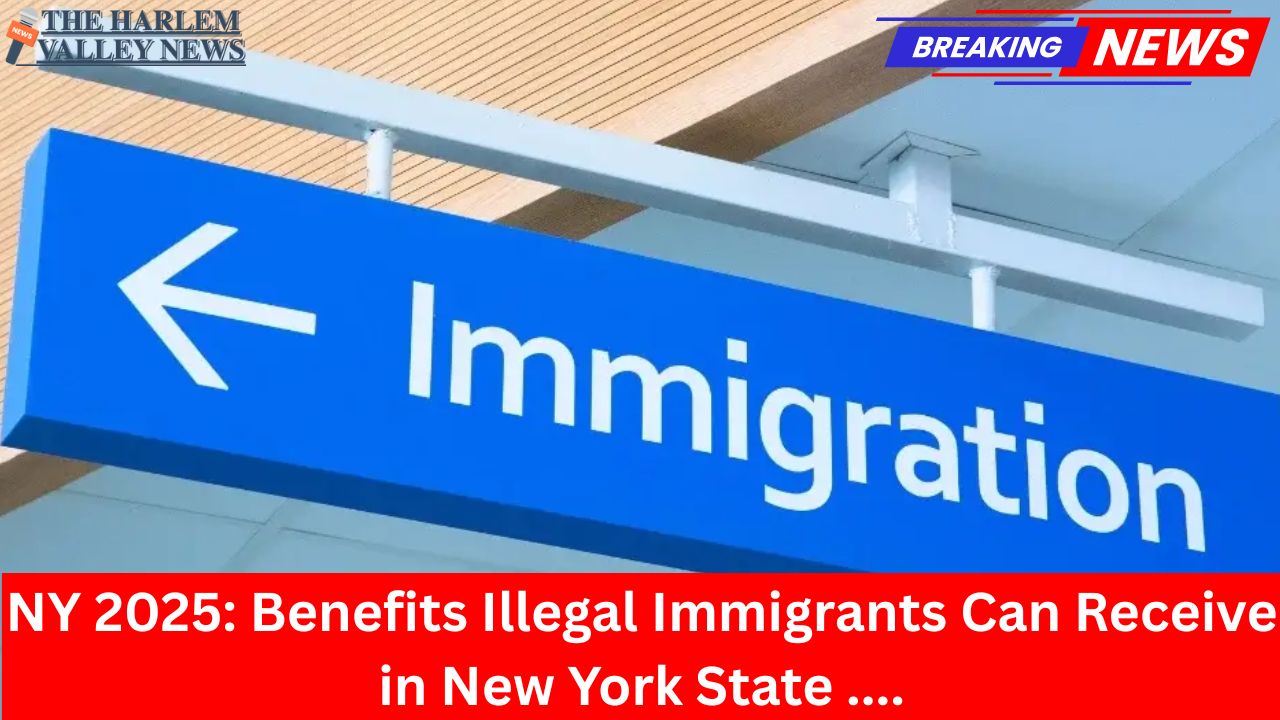

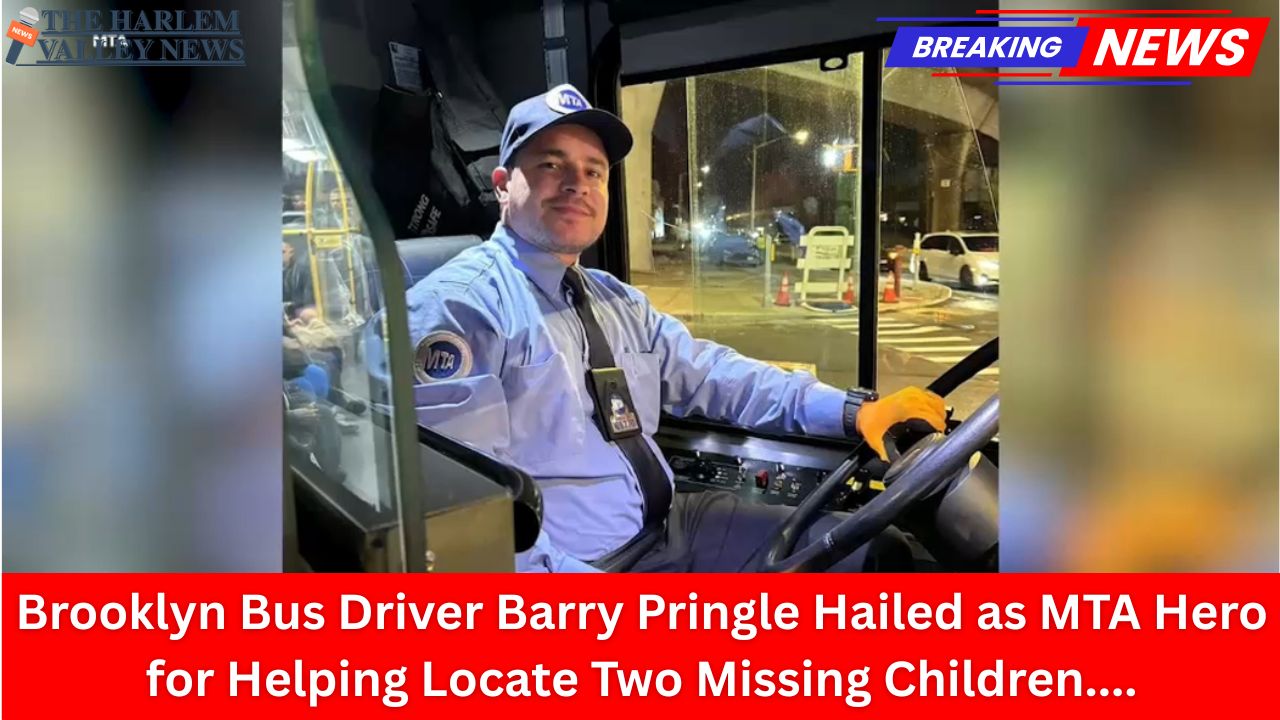

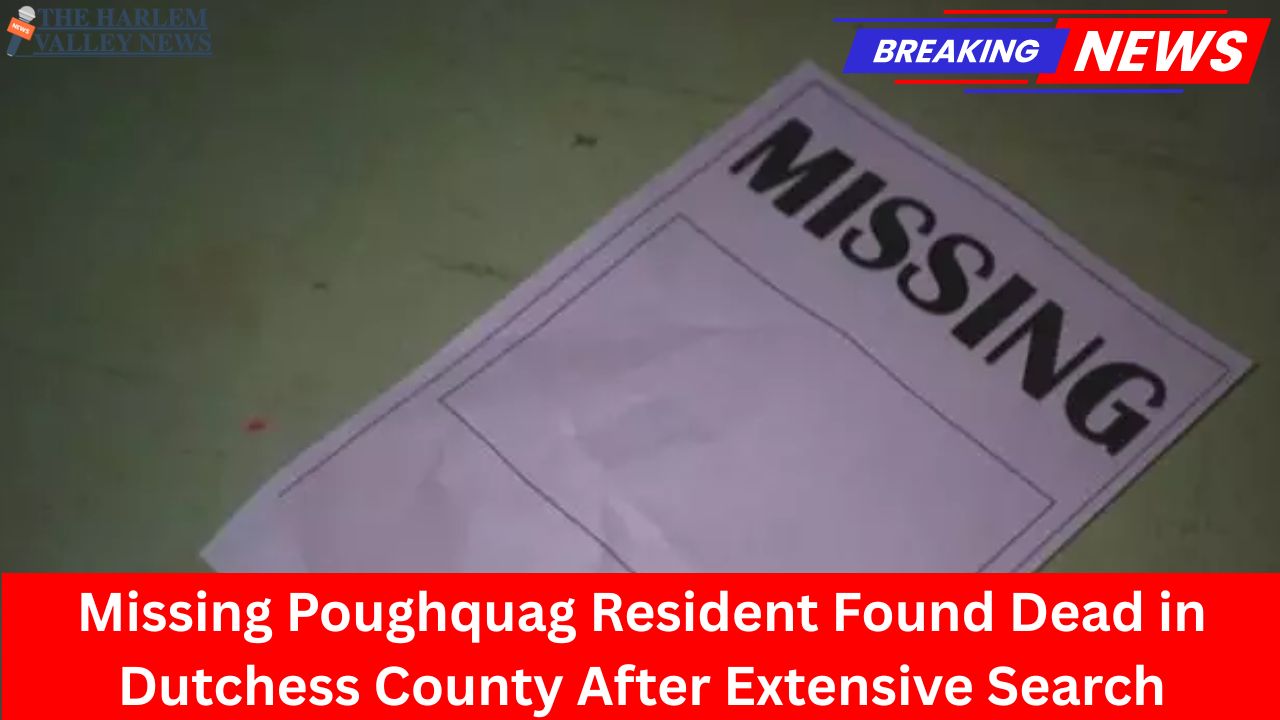
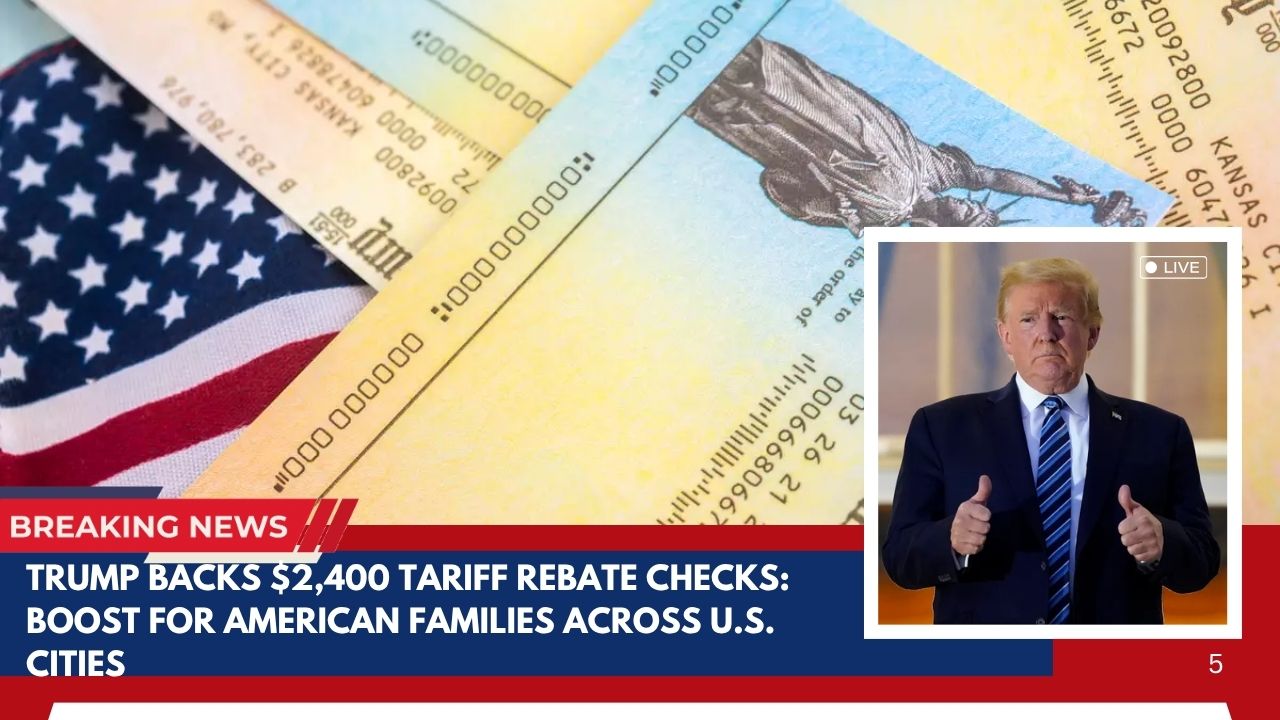




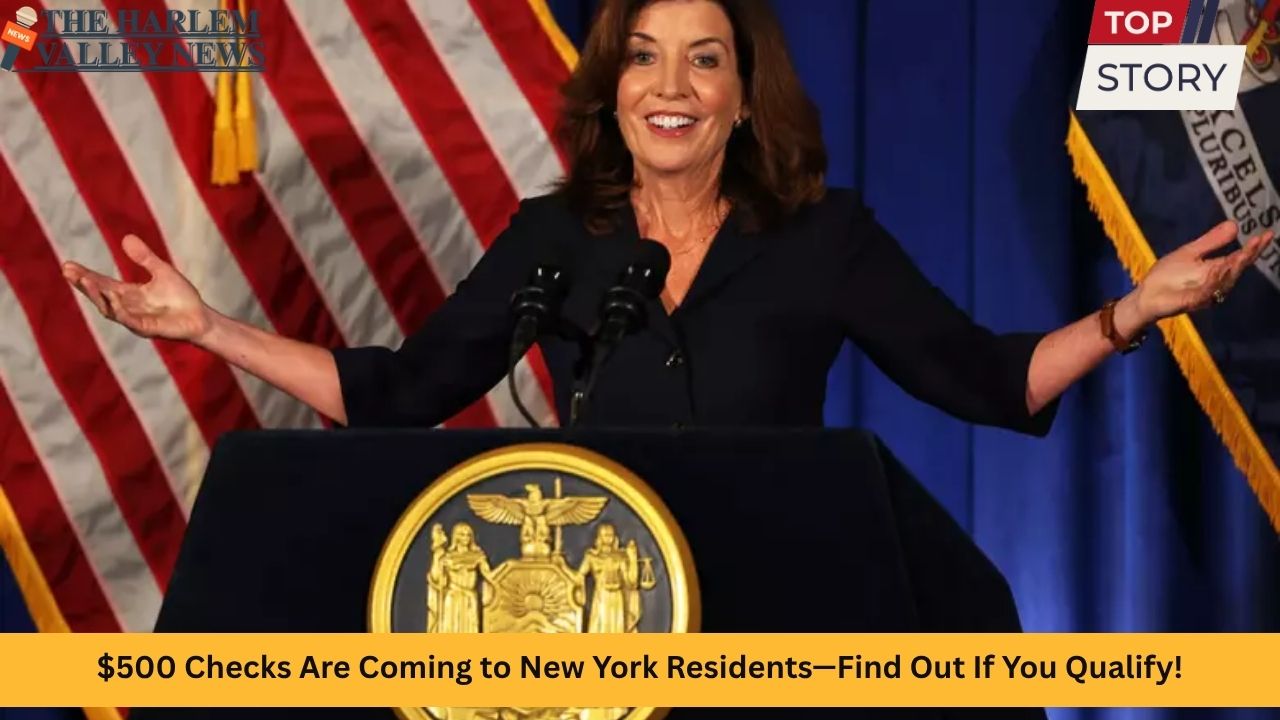

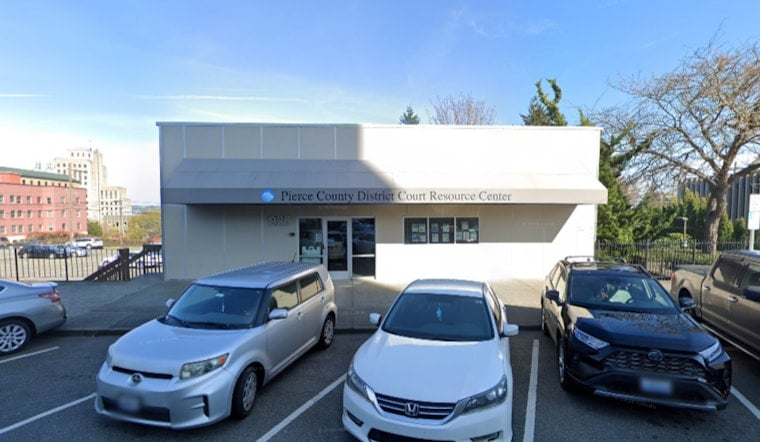


Leave a Reply